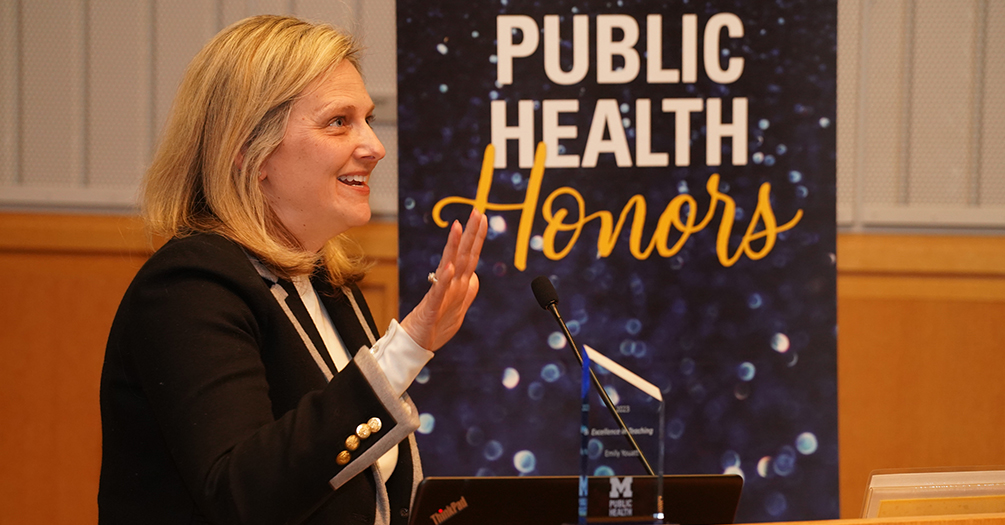
State awards U-M $1M for Michigan School Safety Initiative
School of Public Health faculty members Justin Heinze and Marc Zimmerman are set to lead a new statewide initiative to enhance school safety and prevent school violence, including school shootings. The Michigan School Safety Initiative will be available to all K-12 schools in the state, providing training and assistance to district leadership and staff regarding evidence-based best practices.





